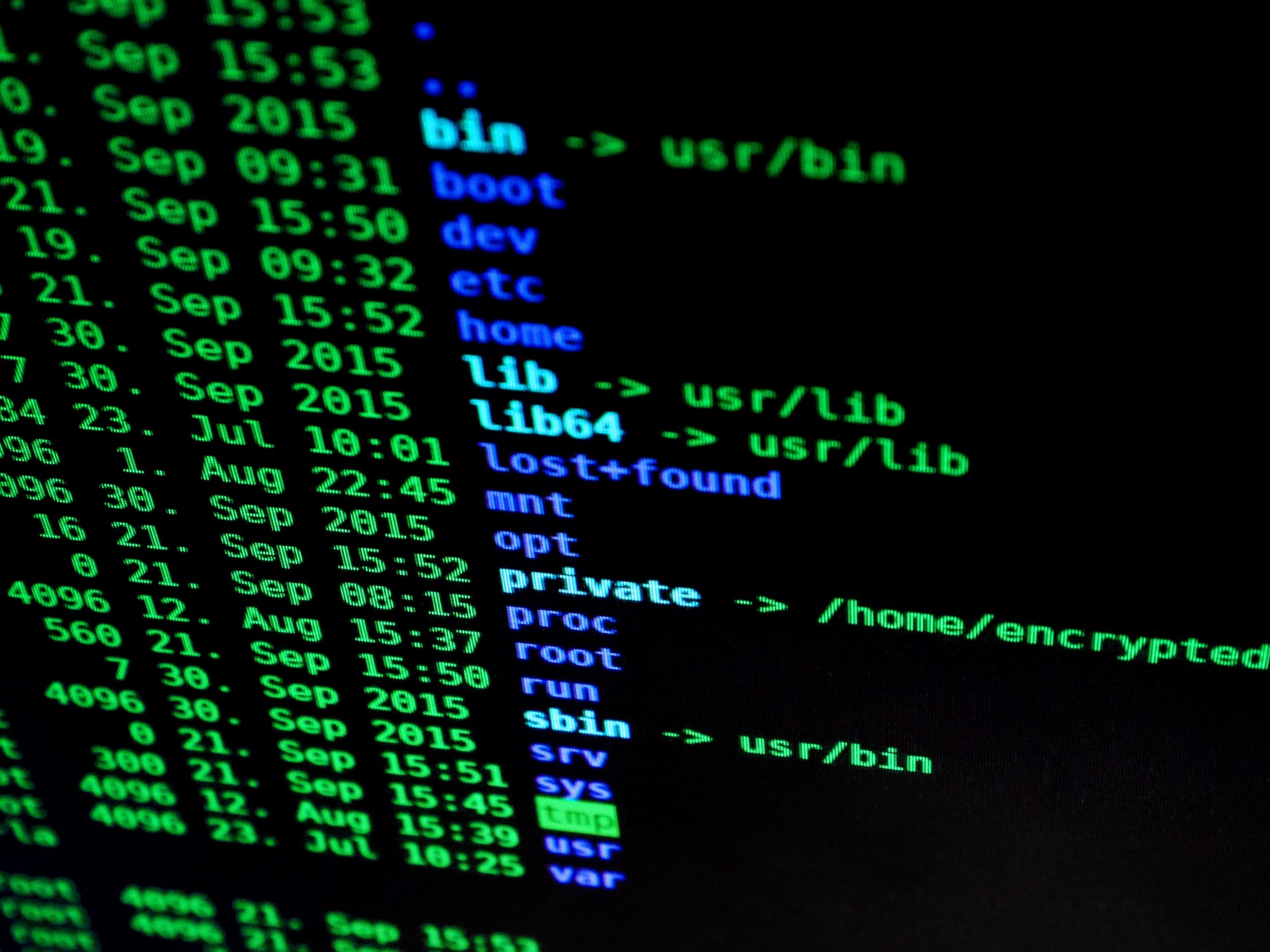
You might think you are protected, but that is not always the case. When it comes to cyber security, it only takes one small chink in your digital armour to inflict a potentially terminal attack. That is where a cyber security audit comes in.
What is a cyber security audit?
A cyber security audit is an independent and unbiased review of an organisation’s cyber defences, including an appraisal of software and hardware, systems, and policies. An audit is designed to understand the ability to defend against and withstand attacks or breaches.
What is involved in a cyber security audit?
Cyber security audits involve a range of tests and analyses to understand weaknesses and potential issues in an organisation’s lines of defence against cyber crime and attacks. The audit is carried out by experts who can understand and identify vulnerabilities within an organisation’s IT infrastructure. The audit will also review policies and procedures, systems in place to protect data and sensitive information, as well as network and system security.
What are the different types of security audits?
A cyber security audit can involve several pieces of analysis. These are usually split into tests and assessments. The main types of security audits are:
- Risk assessments — identify risks and threats that your business may be susceptible to.
- Vulnerability assessments — examine the security processes and systems your business has in place to reveal vulnerabilities that could be exploited.
- Penetration testing — where a hacking attack is simulated to see how your defences stand up.
- Compliance audits — which help organisations and businesses working in certain industries (such as finance or healthcare) adhere to stringent policies.
Why is a cyber security audit important for your business?
There are several ways that a cyber security audit can help your business. Without regular testing of your systems, you can leave your data and networks vulnerable to attack, which can be disastrous and sometimes be the end for small businesses.
Why is auditing important?
Often, businesses only become aware of a vulnerability in their defences when it is too late — after a breach has occurred. A regular and reliable audit process can help to identify these weaknesses before they are exploited by cybercriminals, enabling you to take proactive corrective action to put proper protection in place.
Every business needs to store and process information. Adequate cyber security helps to keep this data protected, but everyday data is moved and added and new types of data are created, sometimes stored in new locations and devices. This means that previously adequate security systems can quickly become ineffective. Regular testing of your systems ensures you do not lose sight of how effectively your data (and that of your customers, clients, and partners) is protected.
A cyber security breach can be incredibly costly. Loss of data can prevent a business from operating for a period (or permanently) leading to a potentially significant loss of revenue. Depending on the nature of the breach, it may also result in the need for compensation payments. Meanwhile, data breaches caused by lapses in compliance can result in heavy fines as part of the General Data Protection Regulation (GDPR) Act.
For small and medium businesses, loss of revenue, reputation, or financial penalties stemming from poor cyber security can spell disaster. Constant monitoring and upkeep of systems, and identification of weaknesses, are therefore essential. Even if you have a data breach, proving you took steps to prevent it could reduce or remove the potential legal implications.
Alongside the financial and data protection issues, there is also a trust consideration associated. Good cyber security can effectively also be considered a reputation management activity; without it, can potential customers and clients trust that you have the right systems in place? Will clients and customers trust you if their data has been exposed during a breach? Will details of a breach be leaked to the press?
A security audit can give you the ability to build trust with current and potential customers by assuring them that their data is as safe as it can be.
How often should you run a security audit?
As an absolute minimum, you should have your cyber defences and systems audited at least once a year. However, many businesses that understand the threats posed by cybercrime choose to have a more frequent audits.
The thing to remember is that criminals are constantly finding new ways to adapt and attack. From more innovative phishing scams to complex malware and viruses, there is always something new to defend against. That is why it is important to keep on top of your defences and ensure they’re up to date and up to the job.
Having a managed IT service provider in place can help to keep a close eye on things.
Let the experts assess your cyber defences, do not wait until it is too late — get in touch today at 0161 826 2220 or email [email protected] to find out how we can help you.



